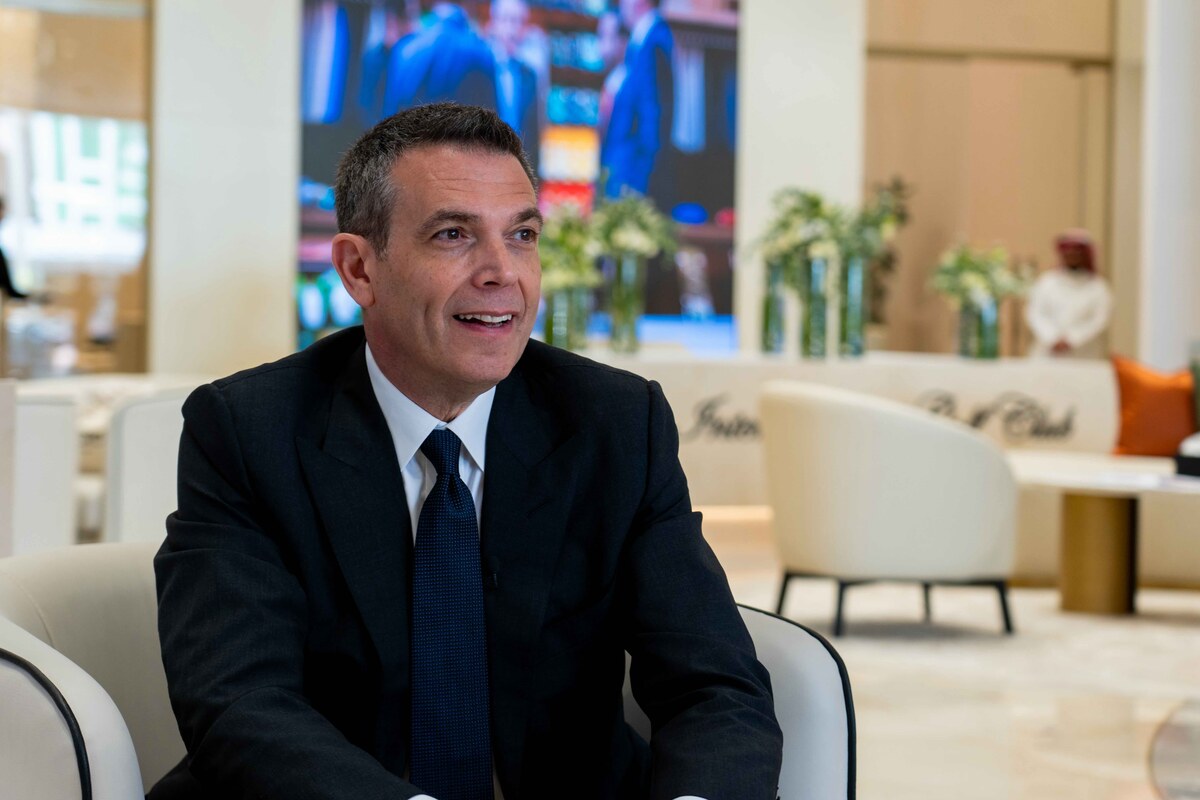RIYADH: Banks in Saudi Arabia granted SR60.92 billion ($16.24 billion) in residential mortgages in the first nine months of 2024, an annual rise of 4.88 percent.
The data was released by the Saudi Central Bank, also known as SAMA, and it showed the bulk of the loans — constituting 64 percent or SR38.85 billion — was allocated for house purchases.
This segment did witness a 3.38 percent dip year on year, with its proportion of total loans shrinking from the 69 percent seen during the same period of 2023.
Demand for apartments surged, capturing 31 percent of total mortgages, up from 25 percent a year ago, as this category of lending reached SR18.6 billion.
This shift represents a 26.8 percent growth, underscoring the increasing preference for apartment ownership amid urbanization and demographic changes.
Additionally, loans for land purchases showed a promising trajectory, achieving an annual growth rate of 8.26 percent and amounting to SR3.5 billion, which signals a sustained interest in land investment across the Kingdom.
The rise in new residential bank loans across Saudi Arabia is being driven by a blend of population growth, evolving mortgage policies, and increasing interest in apartment living.
According to a recent report from online real estate platform Sakan, the Kingdom’s population surged by four million over the past five years, with demand for housing climbing in response.
While this trend fuels the broader housing market, apartments have become a prominent focus, reflecting changing demographics and affordability needs.
The growth of the expatriate population, which expanded from 9.9 million in 2010 to 13.4 million in 2022 and now makes up over 40 percent of the population, also adds pressure on the rental market, particularly in major cities.
The government’s push for greater home ownership through buyer-friendly mortgage policies is helping fuel this apartment demand.
Favorable mortgage options and the recent introduction of the Premium Residency Visa, often dubbed the “Saudi Green Card,” allow foreign investors to enter the market with purchases over SR4 million, fostering interest in upscale residential investments.
Additionally, the value proposition of apartments is clear, as with SR1 million, buyers can access apartment sizes that vary by city — for instance, around 131 sq. meters in North Riyadh to a more spacious 333 sq. meters in Dammam, according to the report.
Saudi Arabia’s liberalized foreign ownership policies and affordable mortgage terms further boost demand, particularly for apartments in desirable areas.
The high rental yields offered by apartments in Saudi Arabia also attract investors, with two- and three-bedroom apartments in Riyadh delivering yields of 9 to 10 percent, and even higher returns in Jeddah, where a two-bedroom unit yields 11.7 percent.
These returns are notably higher than apartment yields in neighboring Gulf cities, where they average between 5 to 6 percent in Dubai, Abu Dhabi, and Doha.
High rental yields not only make apartments attractive as long-term investments but also help offset rising property costs, driving both end-users and investors to favor this category in a market characterized by shifting residential preferences.
According to the report, the surge is also driven by the rapid evolution of real estate technology.
Platforms like Sakan are reshaping the real estate landscape by enhancing transparency, streamlining property transactions, and providing data-driven insights for buyers and investors alike.
Leveraging local knowledge and international expertise, these platforms are supporting the sector’s growth by simplifying access to property listings, improving market transparency, and facilitating faster transaction times.
As property technology continues to integrate into the Saudi market, it is poised to play a pivotal role in sustaining the momentum of residential lending and meeting the needs of a tech-savvy, expanding population.

























